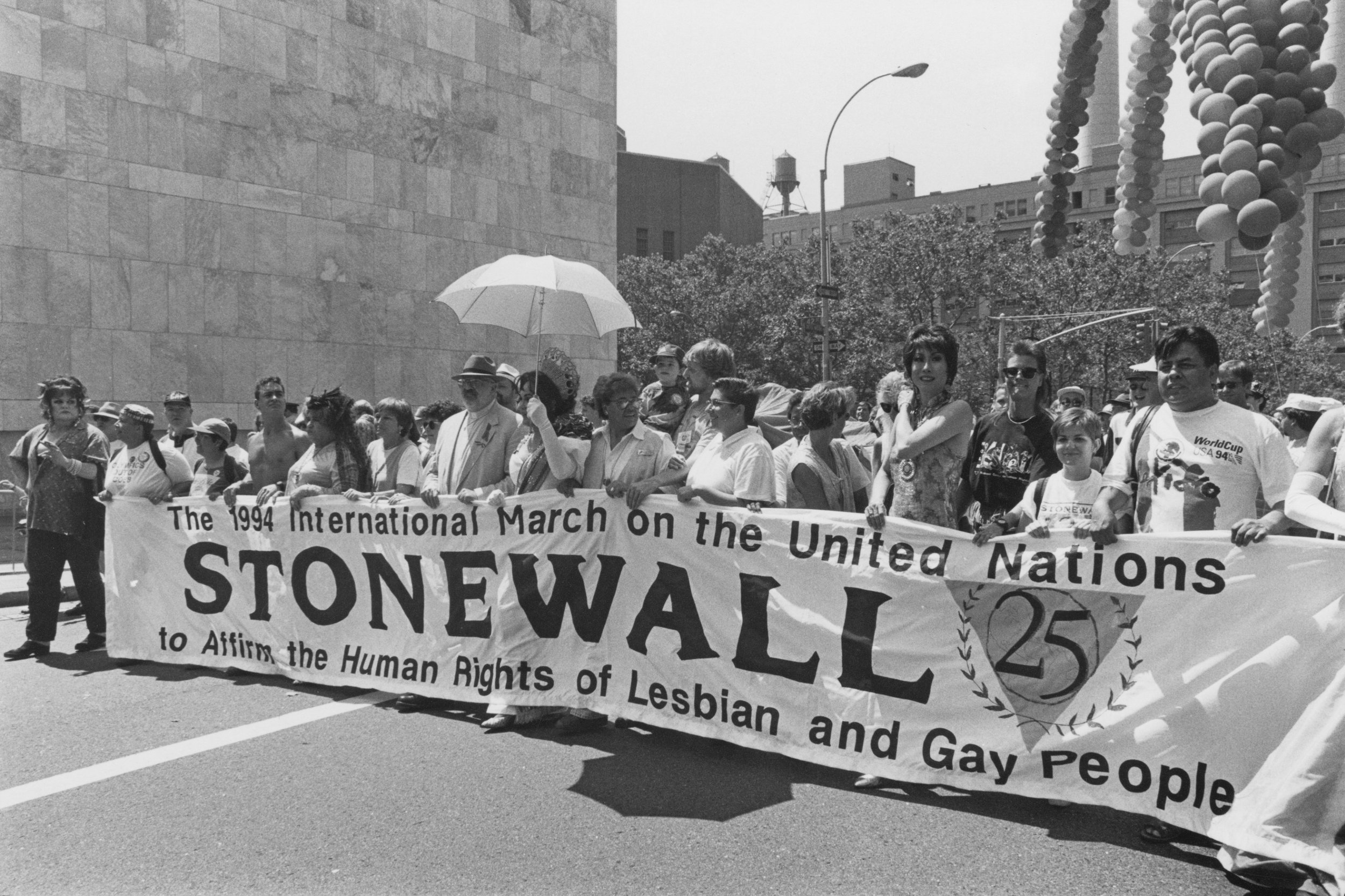
June 1, 2019, marks the first day of Pride Month, which celebrates the everyone in the LGBTQ community. The month also honors the 50th anniversary of the Stonewall Riots, otherwise known as the Stonewall Uprising, which saw members of the LGBTQ community fight back against harassment from the police in Greenwich Village in June 1969.
Newsweek spoke with Michael Bronski, Professor of the Practice in Activism and Media Studies of Women, Gender and Sexuality at Harvard University, and author of the book A Queer History of the United States, to find out more about the history of the LBGTQ community.
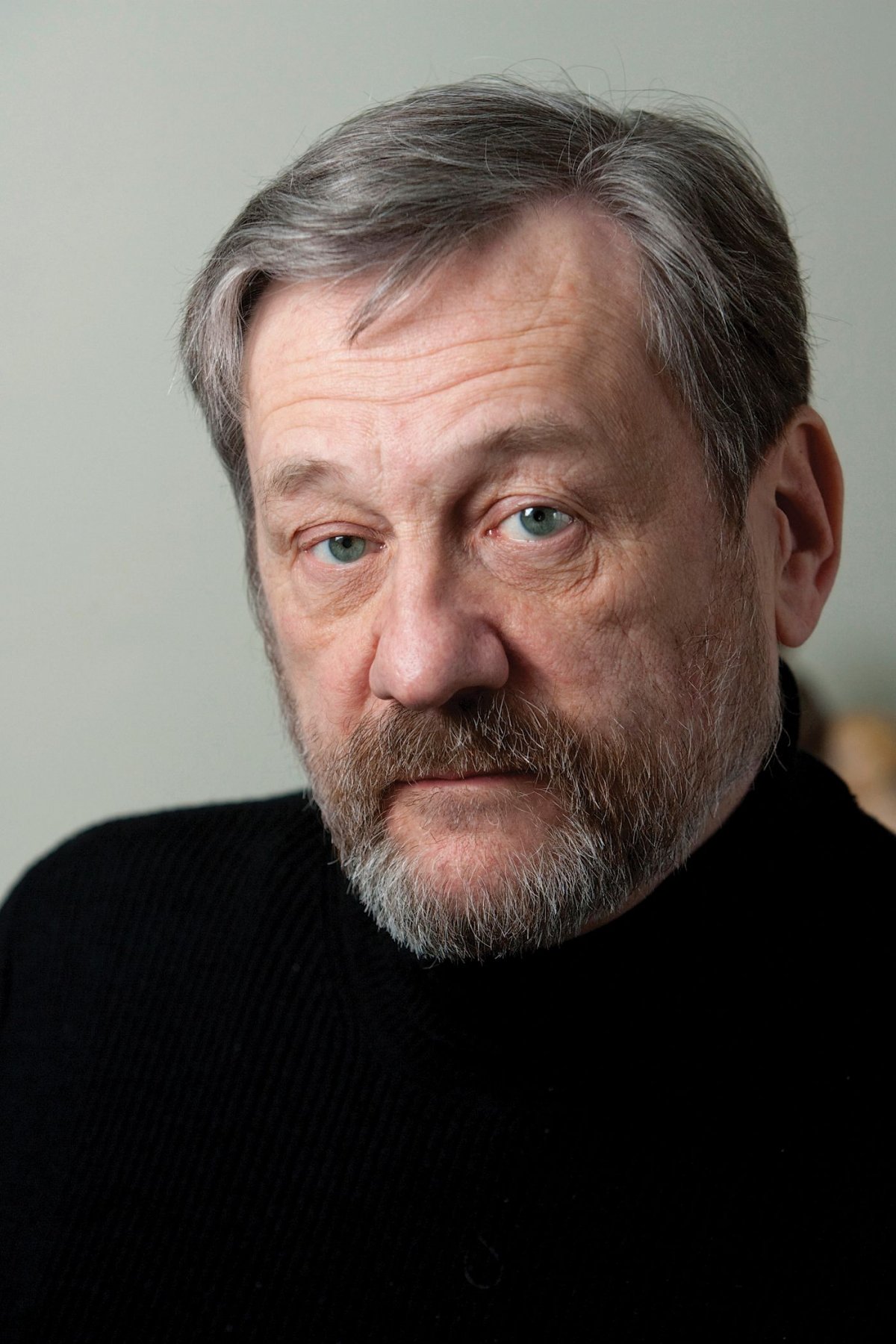
When did the LGBTQ community start to uprise and why?
The first stirring of an LGBTQ uprising—a modest one, not a riot—in the U.S. was the formation of two groups in the 1950s that lobbied for equality, as well as acceptance for gay men and lesbians. The Mattachine Society, formed in Los Angeles, was for gay men who were arrested for their sexual activity. The group provided legal support as well as giving men a sense of group identity.
Daughters of Bilitis was formed in 1955 in San Francisco and provided lesbians with a social life outside of bars, as well as emotional and legal support. Many women at the time who had been married, had children and then came out, would lose their children because lesbians were seen as bad mothers. Both of these groups did public education as well, to their members as well as heterosexuals.
While both groups seem very mild by today's standards, they were very radical for their time. You have to understand that in the 1950s all U.S. states had laws criminalizing same-sex sexual behavior. You could be arrested and even imprisoned for even proposition someone for sex in public. Lesbians and gay men were routinely fired from their jobs if their boss or coworkers discovered their sexual orientation.
The laws criminalizing same-sex activity gradually disappeared from state penal codes over the years but the U.S. Supreme Court only called them unconstitutional in 2003 in Lawrence v. Texas.
The Stonewall Riots (there were three instances of fighting with police over three nights) happened in June of 1969. This was a more militant approach—in a more militant era—in which gay people demanded respect and equality, rather than asking for it, or trying to educate the heterosexual population.
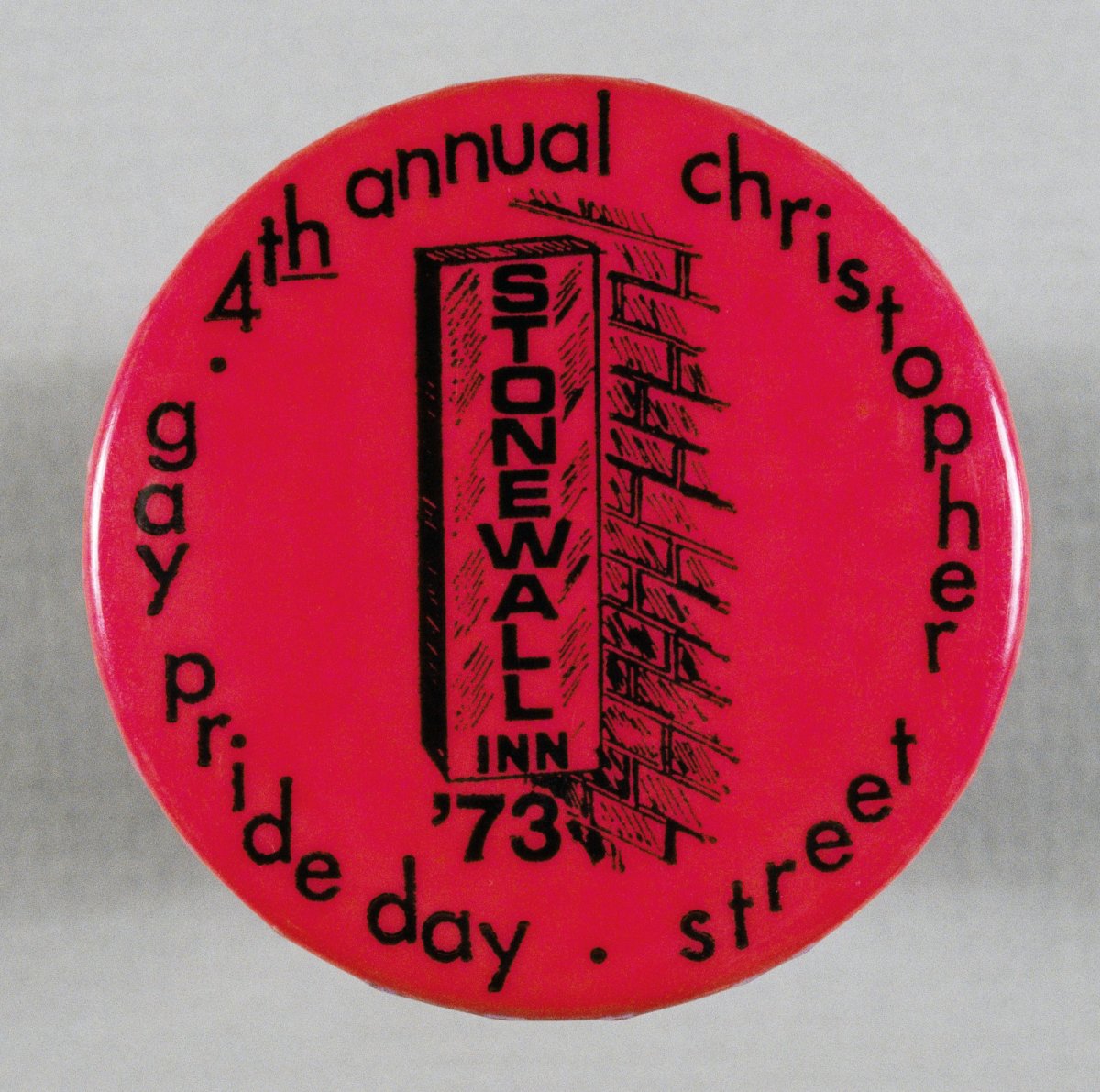
Stonewall, helped from social change movement Gay Liberation, addressed many aspects of inequality in American society. The movement did not call for "equality" per se, but rather argued for wide-scale social change that would eliminate many of the factors that caused inequality, such as heterosexism, misogyny, racism, and poverty.
When we are discussing Stonewall, it is also vital to place it squarely in the historical context of the political and street activism of the 1960s. This includes the Black Power movement, Radical Feminism, the anti-war movement against the war in Vietnam and the counter-culture (hippies, drugs, sex and rock and roll.)
There had been many bar raids in New York for decades, and I am sure some patrons resisted at times. But it is at the height of a national wave of political protests—of public demonstrations, vocal political demands, grassroots organizing—that set the climate so that the riots would happen (as they were happening across the country) and set into motion organizing.
Is the battle for LGBTQ equal rights still happening?
What we call the "battle for LGBTQ rights" in the U.S. is a series of legal and policy reforms that removed the formal barriers to complete freedom for LGBTQ people. These demands were articulated in the 1950s by the "homophile groups."
These included the decriminalization of same-sex sexual activity; making it illegal to discriminate against gay men and lesbians in the workplace and housing; allowing gay men and lesbians to legally adopt or foster-care children; stopping the unofficially sanctioned police or street harassment of gay people; and allowing same-sex couples to marry.
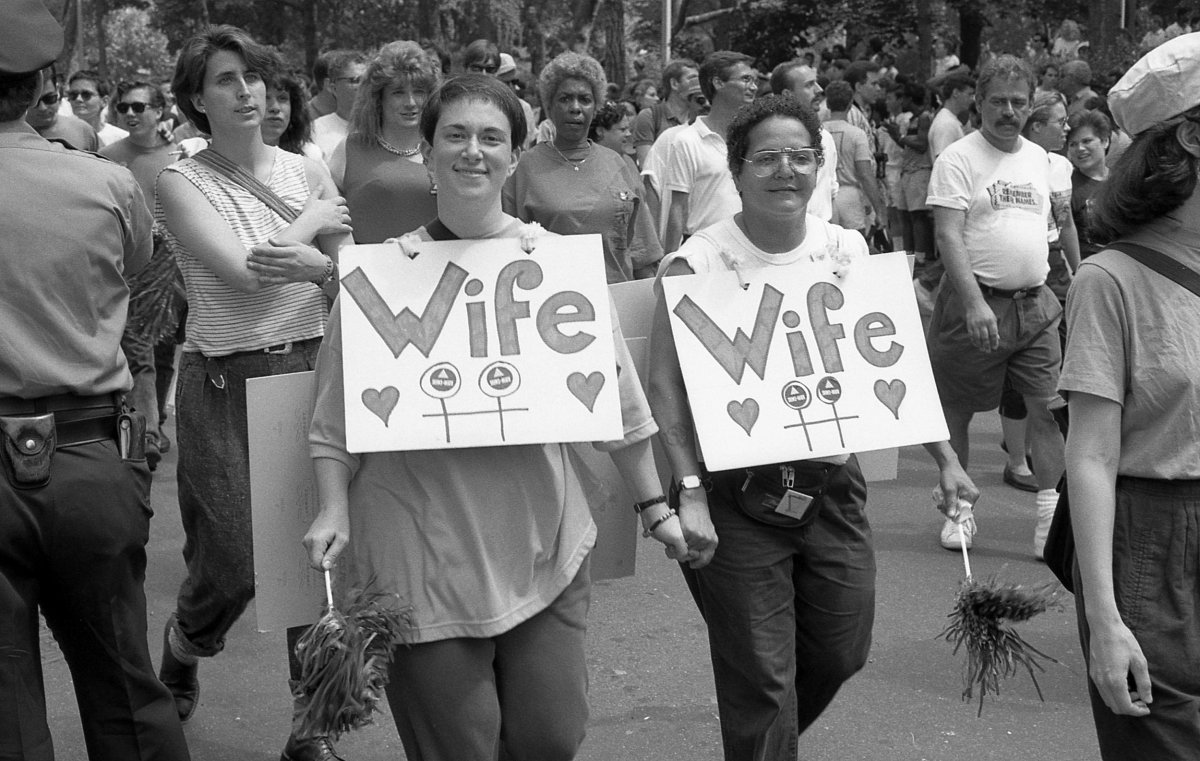
All of these issues were taken up by the Gay Rights Movement—a reformist aspect of the more radical Gay Liberation Movement—in the 1970s. They have been—to some degree—successful, but there is more work to be done.
As of now, there is no federal law barring employment discrimination on the basis of sexual orientation or gender identity. In 28 states, you can get fired for being lesbian, bisexual, or gay. In 30 states, you can be fired for being transgender. That being said, 22 states and the District of Columbia prohibit employment discrimination on the basis of sexual orientation and/or gender identity by statute.
While same-sex couples can get married, many adoption agencies discriminate against same-sex couples. Also, much discrimination in jobs and housing happens below the radar—it is easy to turn down an application for an apartment by simply choosing someone else.
There is much for work to be done with laws and policies. Recently the Trump administration has been repealing Obama policies that forbade discrimination against transgender people. In many cases, I would argue that this is less a battle for "equal rights" than for "basic rights."
What can you tell us about the LGBTQ community in U.S. history?
There have always been people throughout all of this history—not just American history—who have had sexual, affectional feelings and relationships with the same sex. This is not new.
What is new is that we have these terms—gay, lesbian, bisexual, transgender—which are all very recent additions to our common vocabulary. But just because we didn't have these words 200 years ago doesn't mean that those people did not have these emotions and relationships.
In U.S. history many of these people are intrinsic to what we think of as American history:
- Albert Cashiere, who was assigned female at birth but lived as man, was a Civil War hero;
- Jane Addams, who helped found American social work, lived with a long-time woman lover;
- Charlotte Cushman, probably the most famous Shakespearean actress of the 19th century in the U.S. and Europe, lived openly with a series of women lovers;
- Bayard Rustin, who organized Martin Luther King Jr.'s, 1963 March on Washington was an openly gay man;
- There are deeply emotional, passionate letters—really, love letters—between George Washington and the Marquis de Lafayette as well as similar letters between Abraham Lincoln and his "friend" Joshua Speed; and
- Eleanor Roosevelt was a lover to Lorena Hickok—during her time as the first lady and when Hickock was a journalist covering her—that is documented in letters.
There is no point in U.S. history in which same-sex loving people did not play a part in American social life, culture formation (especially in social work and the arts), policymaking, or shaping the future of the country.
As I say in my book A Queer History of the United States, "there is no such thing a gay or lesbian history: it is all American history and we just need to uncover this lost history—much of which has been suppressed either consciously or accidentally—and see where it fits in the larger picture. This history is like a giant puzzle and we need to find the missing pieces and where—and how—they fit."
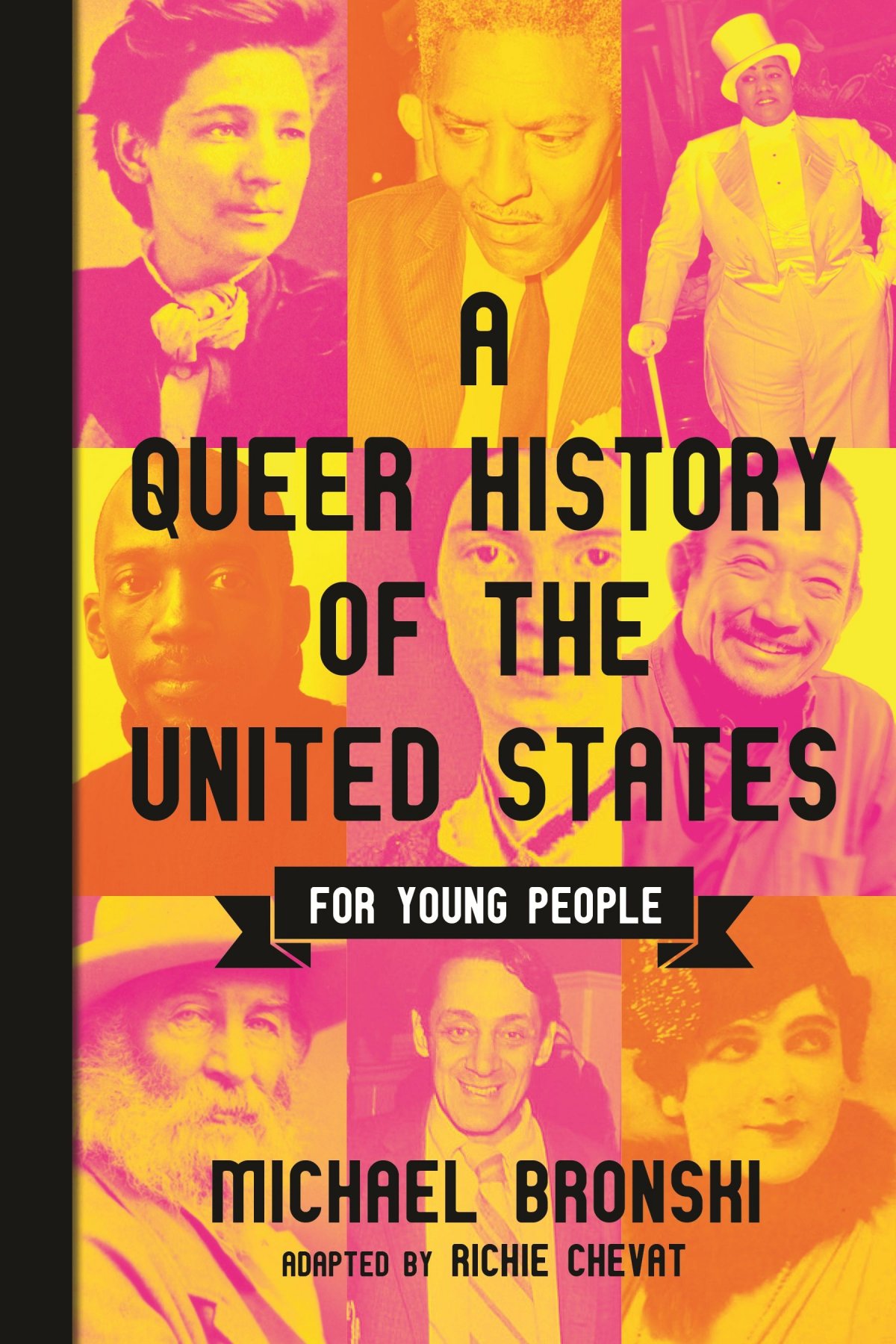
This year marks the 50th anniversary of Stonewall, which will be celebrated at World Pride in New York City. Are there any other "riots" similar to Stonewall that haven't had as much exposure but played as much an important part?
There has always been resistance by LGBTQ people, against oppression—from the law, the police, government officials, church doctrine. So it is a mistake to elevate "Stonewall" as the sole example—however, most of these episodes of resistance have not been recorded so have had little impact. The Compton Cafeteria riot of 1966 in San Francisco, in which transpeople battled the police and broke windows in the cafeteria when they were forced to leave, is one to note.
I think that it is useful not to look at how one or two "riots"—Stonewall, Compton Street—had a big effect but rather how all of the small manifestations of resistance had an overwhelming cumulative effect on the lives of people and the society in which they lived.
Uncommon Knowledge
Newsweek is committed to challenging conventional wisdom and finding connections in the search for common ground.
Newsweek is committed to challenging conventional wisdom and finding connections in the search for common ground.
About the writer
Sophia Waterfield is a reporter for Newsweek based at its London bureau. She has written for publications such as Metro UK, ... Read more
To read how Newsweek uses AI as a newsroom tool, Click here.








